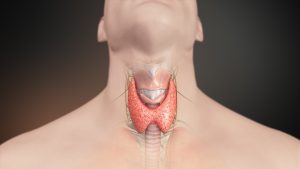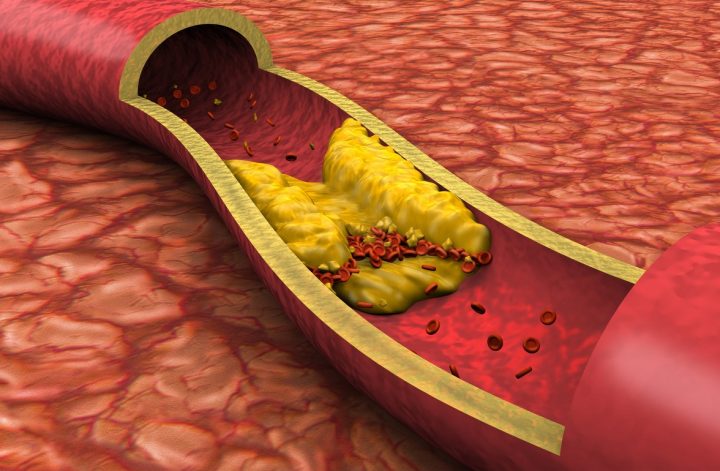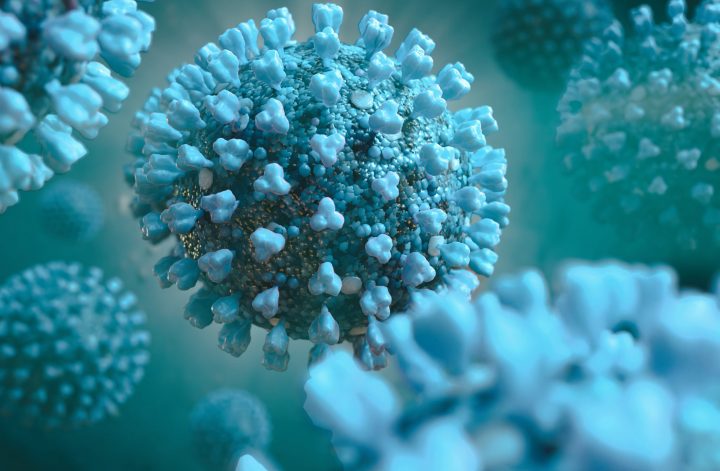Among the most common symptoms accompanying thyroid disorders, the opposite phenomena stand out: for example, increased excitability and irritability on the one hand, and apathy and fatigue on the other. Or, say, rapid and, on the contrary, slow heartbeat, insomnia and, conversely, excessive sleepiness. The same applies to a sharp unexplained change in weight (weight loss without diets in some patients and a quick set of extra pounds for no apparent reason in others). Such contradictory symptoms are explained by the fact that in one case, the thyroid gland secretes too much thyroid hormones (hyperthyroidism), and in the second, on the contrary, little (hypothyroidism). Other manifestations of malfunctioning of this organ are changes in the normal menstrual cycle in women, infertility, increased hair loss, facial swelling and some other signs.
However, it is not necessary to wait for symptoms as a signal to start testing. In almost half of the cases, the initial dysfunctions of the thyroid gland are secretive. Nevertheless, if the signs described above have already appeared, the examination should definitely not be postponed. And, of course, to regularly take tests for thyroid hormones is the “holy duty” of people who already have some kind of thyroid dysfunction. It is very important for them to control the treatment.
Ultrasound is not enough
Some people believe that if an ultrasound of the thyroid gland is normal, then further examination is pointless, and is just a waste of time and money. But this is a mistake. Ultrasound shows only the anatomical structure of the organ, and not a word can be said about its work. Indeed, with dysfunction, the gland itself is not always enlarged or has nodes and signs of inflammation, it often does not have any external changes, and on the monitor it can look quite healthy. Therefore, in order to have a complete picture, it is better to do tests.
Basic, primary examination of the thyroid gland includes an analysis of venous blood for TSH – thyroid stimulating hormone, free T4 (thyroxine St.). It is necessary to pass them in a complex, since changes in one indicator are not informative enough. It is important to consider how the level of the other two hormones changes in this case.
No need to interpret the analyzes ourselves
Decreased TSH levels (with high T3 and T4) most often occur with hyperthyroidism, which in most cases is caused by an autoimmune disease – diffuse toxic goiter (Graves’ disease). Such patients may be characterized by excessive nervous excitability, thinness with good appetite, palpitations.
Conversely, high TSH and low T4 (and sometimes low T3) may indicate a lack of hormone production (hypothyroidism), which is often caused by an autoimmune disorder such as Hashimoto’s thyroiditis. Such patients are often overweight, dry skin, they are slow, drowsy, freeze easily, get tired quickly and often complain of “lazy” intestines.
It is very important to avoid the temptation of self-interpretation of the test results, because only the attending endocrinologist can interpret them adequately.
Immunity has nothing to do with it?
In addition to the level of thyroid hormones, it is useful to check the level of antibodies to thyroid peroxidase (anti-TPO https://en.wikipedia.org/wiki/Antithyroid_autoantibodies) and to thyroglobulin (anti-TG) in the blood. If they are not increased, then, most likely, the pathology is not autoimmune in nature. But it is better to repeat the tests after a while, since the antibodies might simply not have had time to form yet. However, antibodies to thyroperoxidase are found in 5% of healthy people, especially in older women. This fact may indicate an increased risk of developing thyroid disease in the future. Therefore, such patients need to examine the thyroid gland more often than others.



